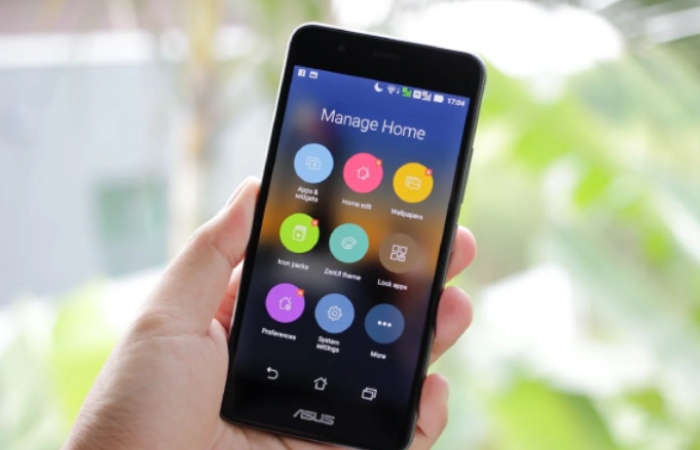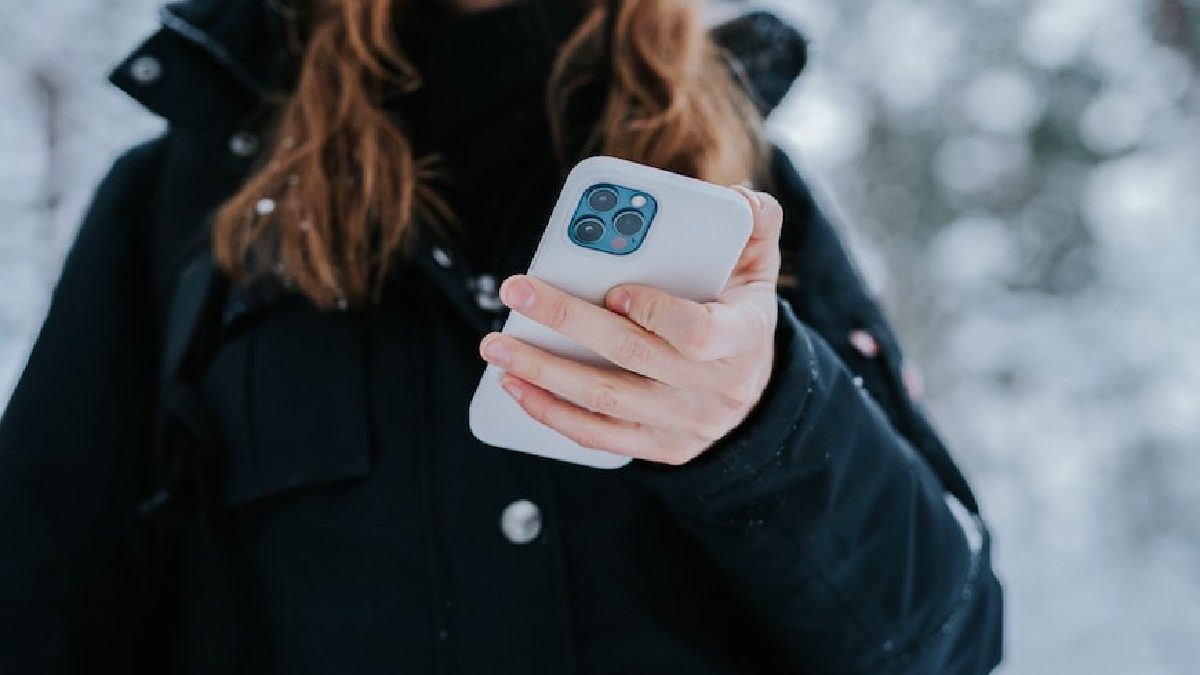How to Protect your Smartphone From Hackers – Being a victim of a phone hack can be an absolute nightmare. The attacker can gain access to your online accounts, social networks, email, or even online shopping accounts or, even worse, your banking information.
This would force you to change many passwords for each account, which can become a real ordeal, in addition to blocking credit cards, contacting your bank, or trying to identify everything that the hacker had access to.
In these cases, it is better to be proactive rather than reactive. Don’t wait for the hack to happen to worry about your privacy and security. Take measures now to protect your device against all the dangers on the web.
Below, we show you eight simple solutions that you can start right now to protect your devices and keep your digital identity and that of your family members safe.
Table of Contents
Lock your Mobile with a PIN Code, Face ID or Fingerprint
When people think of being hacked, the first thing that comes to mind is someone in a remote location running a bunch of code to gain access to your device.
This can be true, but reality can sometimes be much duller. Hacking means that someone gains unauthorized access to your smartphone data.
This means that they have been hacked if someone gains physical access to your phone and accesses your data without your consent. Your device’s first line of defence is the face or touch ID or password lock.
While not 100 per cent reliable, having a password or other authentication measure enabled will undoubtedly keep out many people who might otherwise get hold of your phone.
Back up Frequently
Backing up your phone frequently is a good thing for several reasons. Even if your phone isn’t lost or stolen, having a complete backup of your phone makes the transition to a new phone much more manageable.
Formerly if your phone is lost or stolen, you can remotely wipe the data on this phone while having peace of mind that you still have access to all your data. Remember that if you don’t have at least three copies of your data, then your data doesn’t exist.
We teach you how to back up your iPhone and Android phone.
Don’t Save Passwords on your Phone
In general, it is better not to store passwords or confidential information on your mobile, such as credit card details, ID photos, or any other personally identifiable information.
If it gets hacked and the attacker has access to that information, it will cause severe problems and could empty your bank account. If you want to store passwords on your phone, make sure you do so using a password manager program.
PIN managers require a master password to access all of your account credentials, so create a strong master password and make it something you can remember. Prepare not to store this information on your phone.
Download Apps only from Official Stores
This mainly applies to Android users, as Apple’s app verification process is much stricter than Google’s. Also, Android allows downloading third-party apps, making it easy for you to come into contact with a malicious app.
Also, be aware of the permissions you grant to apps. Approximately apps request access to your camera, microphone, photos, etc. Although some apps have legitimate uses for this, they expose you to fraud if you grant access left and right.
Keep your Phone and Apps up to Date

Although it is always possible to postpone updates, many of them provide improvements in security aspects with patches considered critical. If known vulnerabilities exist in an operating system or an application, bad guys will try to exploit them.
In this sense, updating your applications and mobile operating systems will keep you one step ahead of possible hackers. Remember that if you are not using an application, it is good practice to remove it and reduce threats.
Always use Two-Factor Authentication
Two-factor verification, also called (2FA), is an authentication method that improves the security of your accounts. Instead of just requiring a password to access your account, you’ll need to provide a secondary form of identity verification.
2FA comes in many forms, including SMS, appraiser apps, Bluetooth, and even physical security keys. Apiece type of 2FA provides a varying level of security, and understanding the basics will help you decide which method is best for you.
Use a VPN – How to Protect your Smartphone From Hackers
When you browse the web using public Wi-Fi networks, always use a virtual private network (VPN). A VPN connection masks your IP and encrypts any information you send, making it difficult for attackers to intercept your communications.
This makes doing things like buying somewhat online a bit additional secure. But that fair means they can’t access your personal information. Can they hack your phone if you’re not using a VPN? Yes.
Without a VPN, your IP address is open. A hacking method known as remote hacking is when an attacker gains access to your IP address and uses it as a backdoor into your smartphone (or any other device).
With a VPN, you will using the IP address of the VPN server your device is connected to instead of the actual IP address of your mobile, which results in more excellent protection against remote hacking.
Please look at our ranking of the best VPNs of the year. We also have other interesting articles, such as the best free VPN you can use today or the best VPN for connections made from Spain.
Have a Plan B if your Phone is Stolen
In the unfortunate event that your phone hacked or stolen, it’s important to have a plan in place so that you can quickly neutralize any damage the hacker may do to you.
First, don’t wait to learn how to wipe your phone until it’s stolen remotely. The faster you delete your information, the better. Once you’ve cleaned the phone, it’s time to locate it.

